Wisconsin Pride – Marriage Equality
§ §
Dick Wagner: People who had decided to lead their authentic lives in Wisconsin had a sense that there were possibilities,
[cheering]
including making marriage equality a national reality.
Patrick Farabaugh: Before marriage equality became a big national movement, one of the first places to actually challenge for the right to marry was Milwaukee in the ’70s.
[disco music]
Narrator: In 1971, Milwaukee natives Donna Burkett and Manonia Evans went to the county clerk’s office to apply for a marriage license. The young lesbian couple was promptly denied.
Reporter: When did you decide to take these steps, and how did you come about that decision?
Manonia Evans: Well, we decided this summer that we would like to get married, and there shouldn’t be any reason why we shouldn’t be able to get a license.
Narrator: A preacher’s daughter, Manonia Evans was a junior in college when she met housing rights activist Donna Burkett in a gay bar in Milwaukee’s north side. Two years later, they would make history.
Kristen Whitson: The act of applying for a marriage license as two women got a lot of media attention.
Narrator: Jet magazine ran a feature on the young Milwaukee couple. Their story was also picked up by lesbian and gay publications from around the country.
Patrick Farabaugh: They were at the front of the movement at that period in time.
Dick Wagner: The couple was willing to be public about their wish to be married, which was significant.
Kristen Whitson: It really was a big part of the public understanding of what same-sex couples wanted, which was really just what everybody else had.
Radio Host: Donna and Manonia, welcome to Gay Perspective. And we welcome you to our program to express your views.
Manonia Evans: We’re people just like anybody else. And we have feelings, too.
Donna Burkett: I love her, and I don’t care who knows. It’s not something that I want to hide. Love is not meant to be hidden, and I won’t hide it.
Patrick Farabaugh: Donna Burkett was like, “Yeah, well, “that’s what you do when you love somebody. You go, and you marry them.”
Dick Wagner: She felt that she had this right and that she wasn’t about to accept being denied it.
Narrator: Burkett and Evans challenged for the right to marry. They filed a federal lawsuit on the grounds that the denial of marital benefits did not afford the couple equal protection under the Constitution, a legal argument ahead of its time.
Donna Burkett: They shouldn’t have any laws on who you can marry or who you can’t marry. That’s none of their business. If we’re living together, we’re sharing our money, then we should have some protection.
Kristen Whitson: Donna and Manonia said that they felt they were missing out on tax benefits by not being allowed to marry, which is true. That was a significant part of the fight for marriage equality was to have the same civil rights that every other married couple had.
Narrator: The young couple’s visionary legal challenge regarding marital benefits was a predecessor for legalizing same-sex marriage nationally 44 years later in 2015.
[cheering]
Narrator: A landmark civil rights case granting equal protection to same-sex couples. And though Burkett and Evans’ lawsuit was eventually dismissed on technical grounds, and the couple was refused a legal marriage, their love for each other would not be denied.
Reporter: Whether or not they obtain a marriage license, they will be married Christmas Day at St. Nicholas Church in Milwaukee.
[cheering]
Pastor: Well, God loves all people. Here are two people, and He blesses their love for each other. And so, that’s what His church is about is blessing this union, which is sacred of itself.
Narrator: Burkett and Evans’ story would ultimately draw national attention to marriage equality, making a statement not only about love, but also a statement about civil rights for LGBTQ+ people.
Kristen Whitson: Queer people who have had to struggle with fewer rights than their heterosexual counterparts had never thought of even trying to apply for a marriage license before they read about Donna and Manonia trying to do it. And that was an idea planted in their heads as something that they could fight for in the future.
Dick Wagner: It was something that would have been unthinkable before Stonewall.
Manonia Evans: We want more out of life. This is something really worth fighting for.
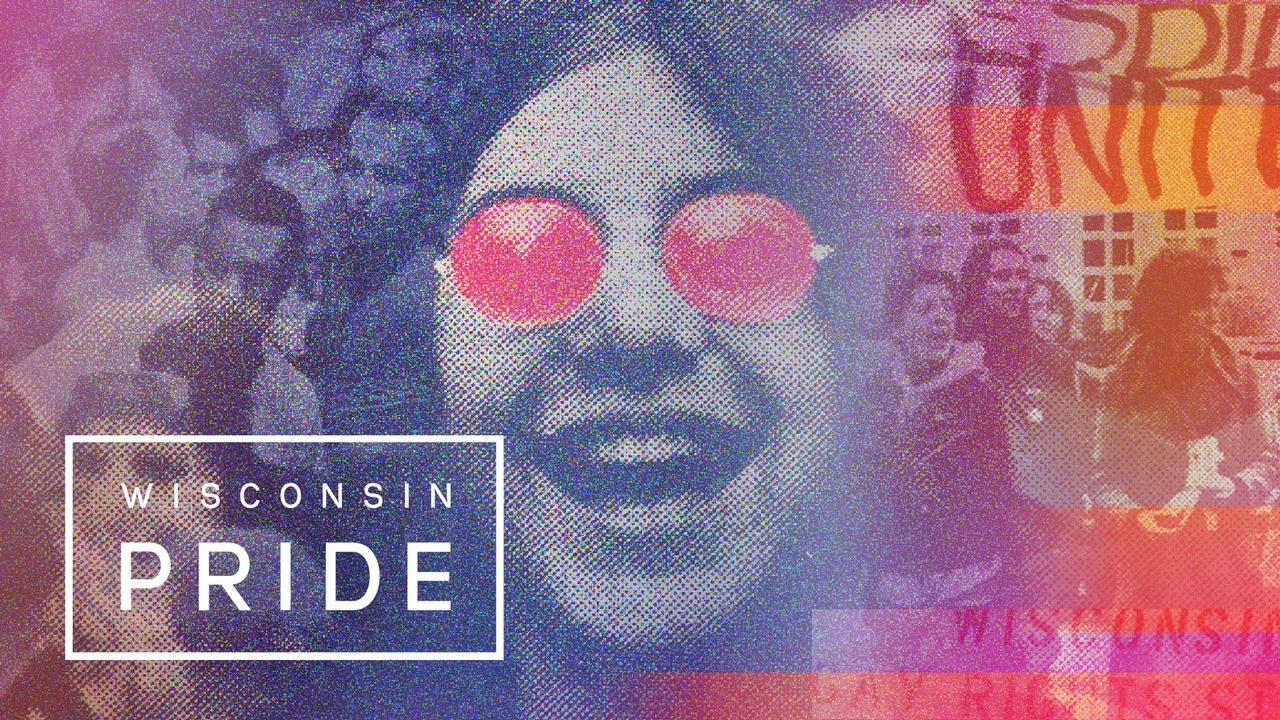
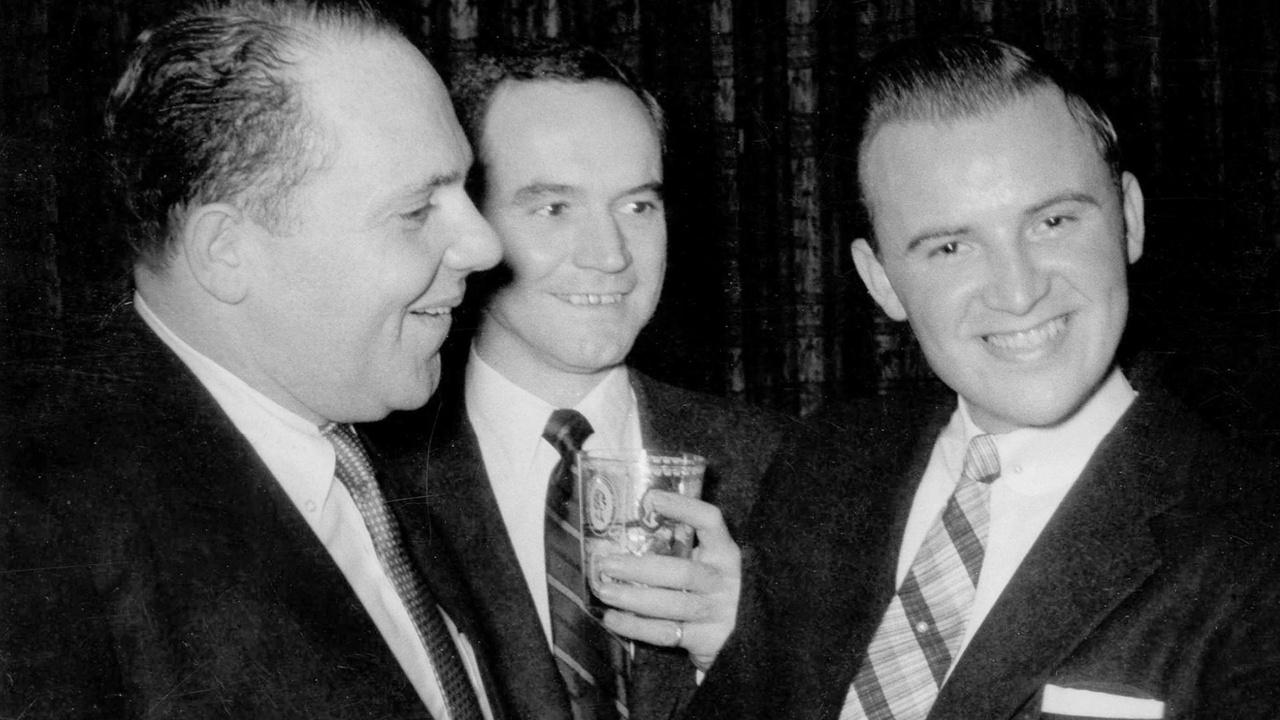
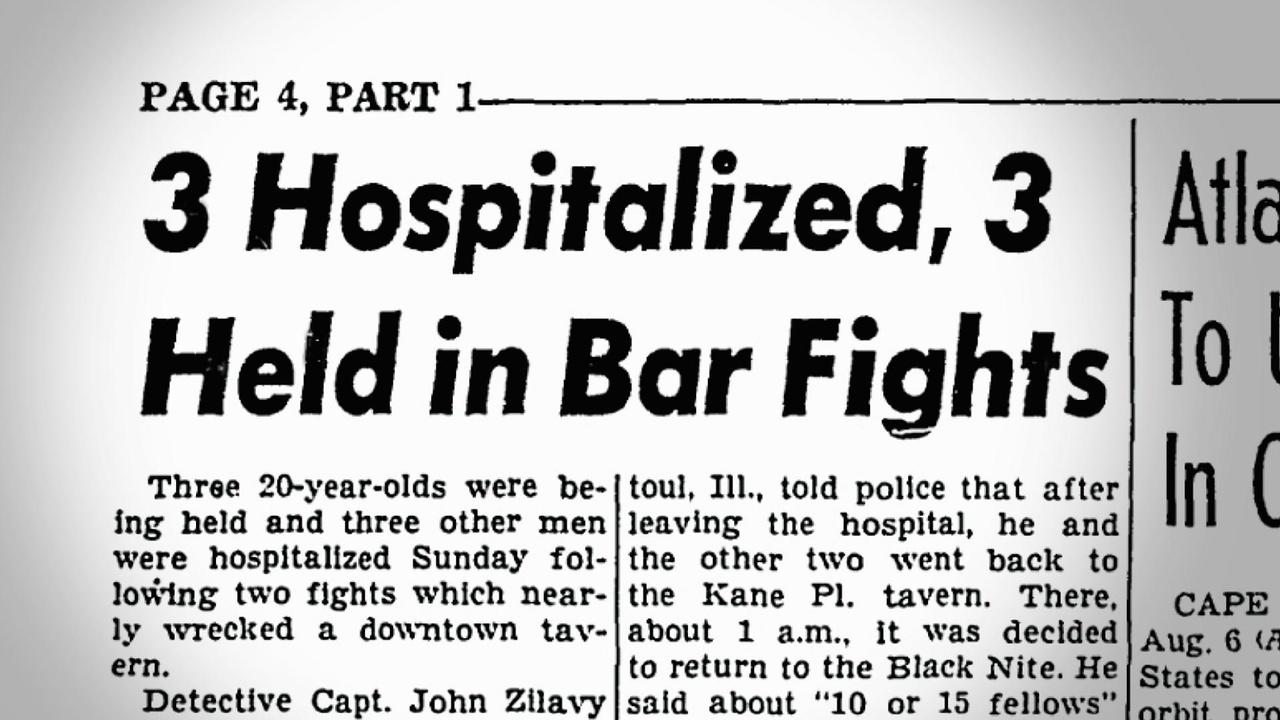
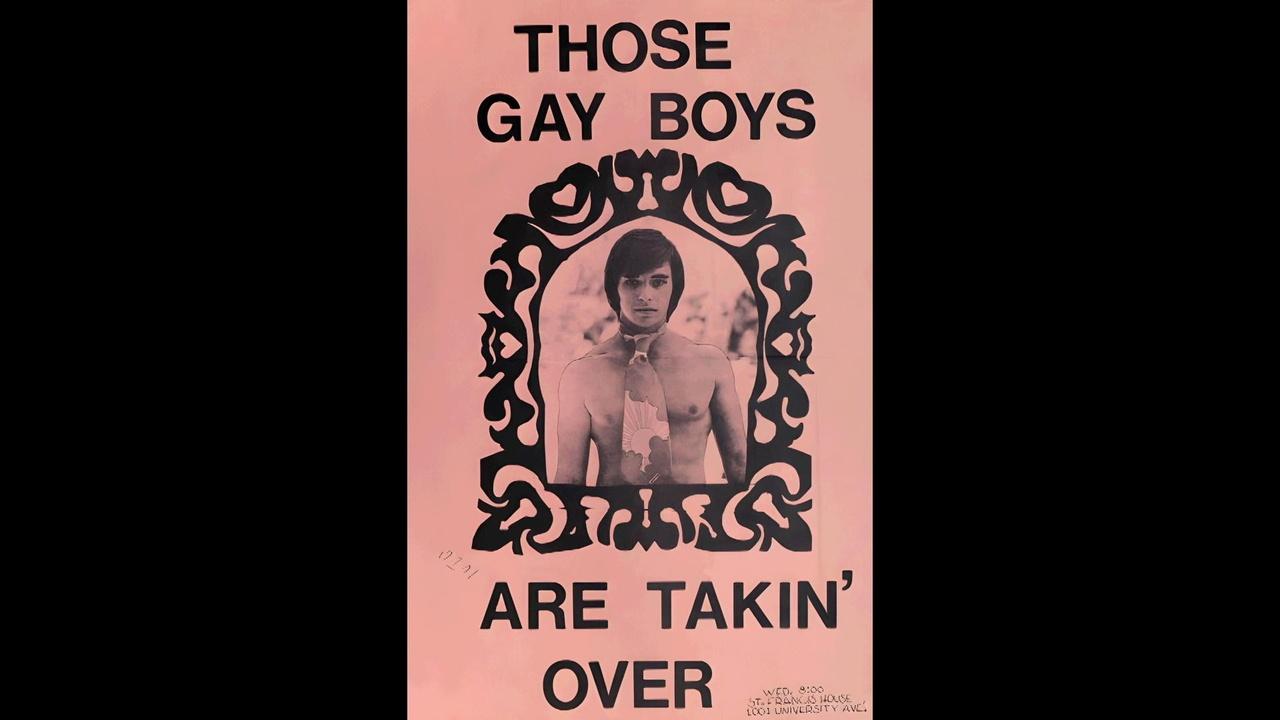
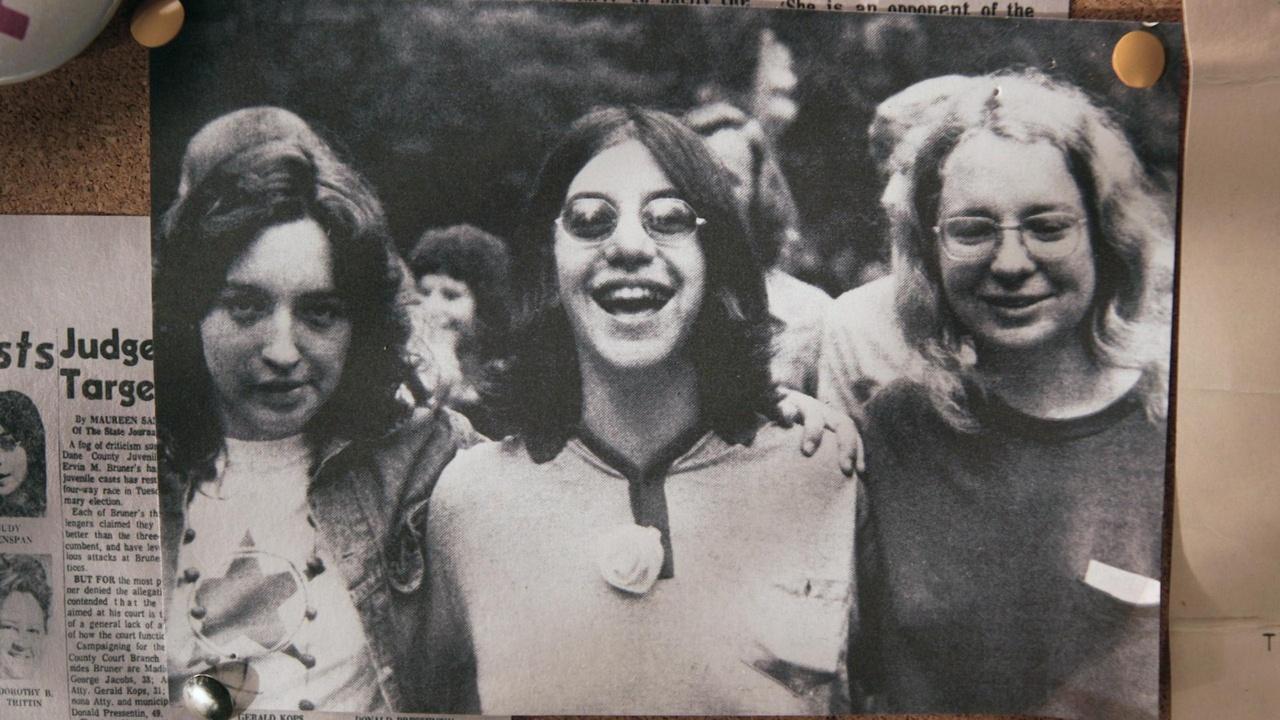
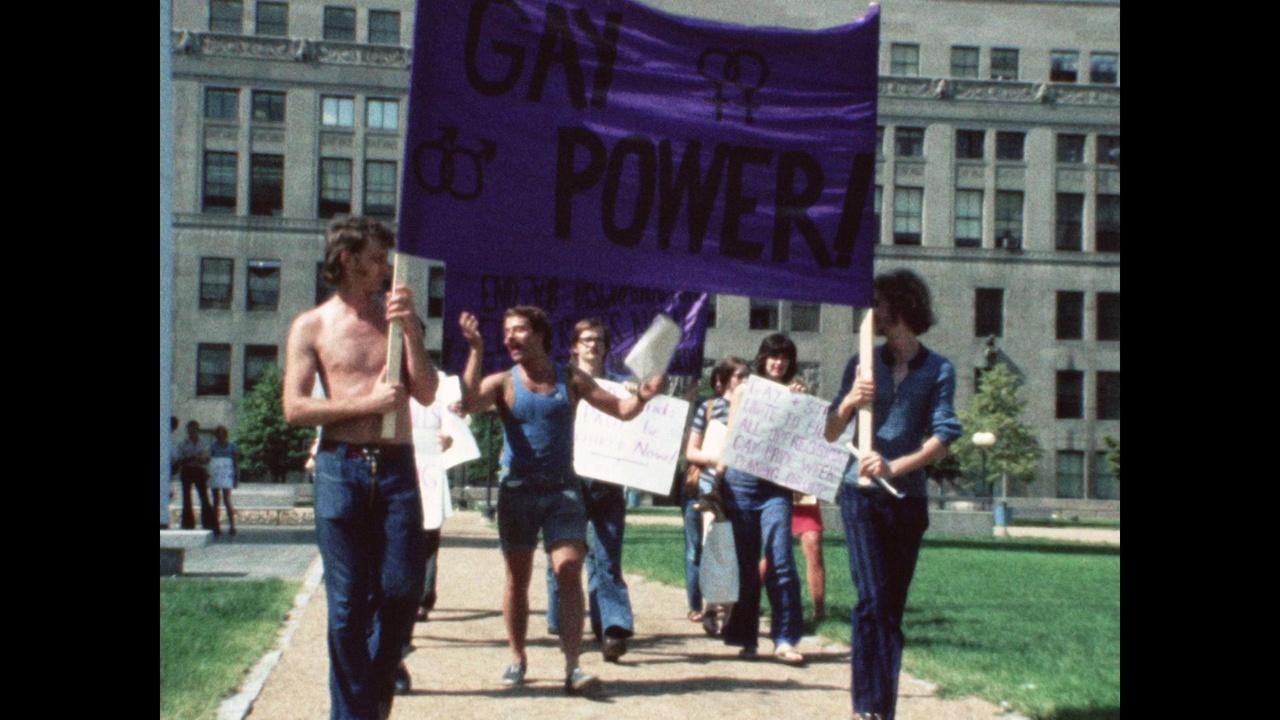
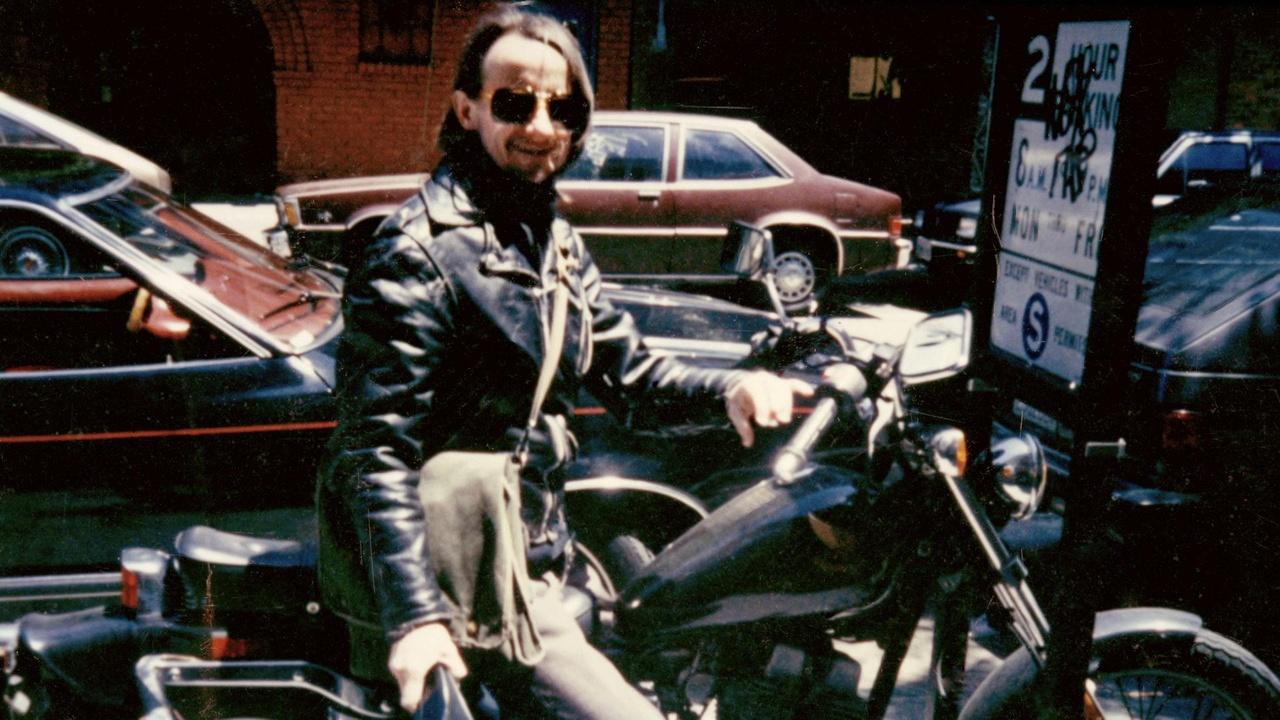
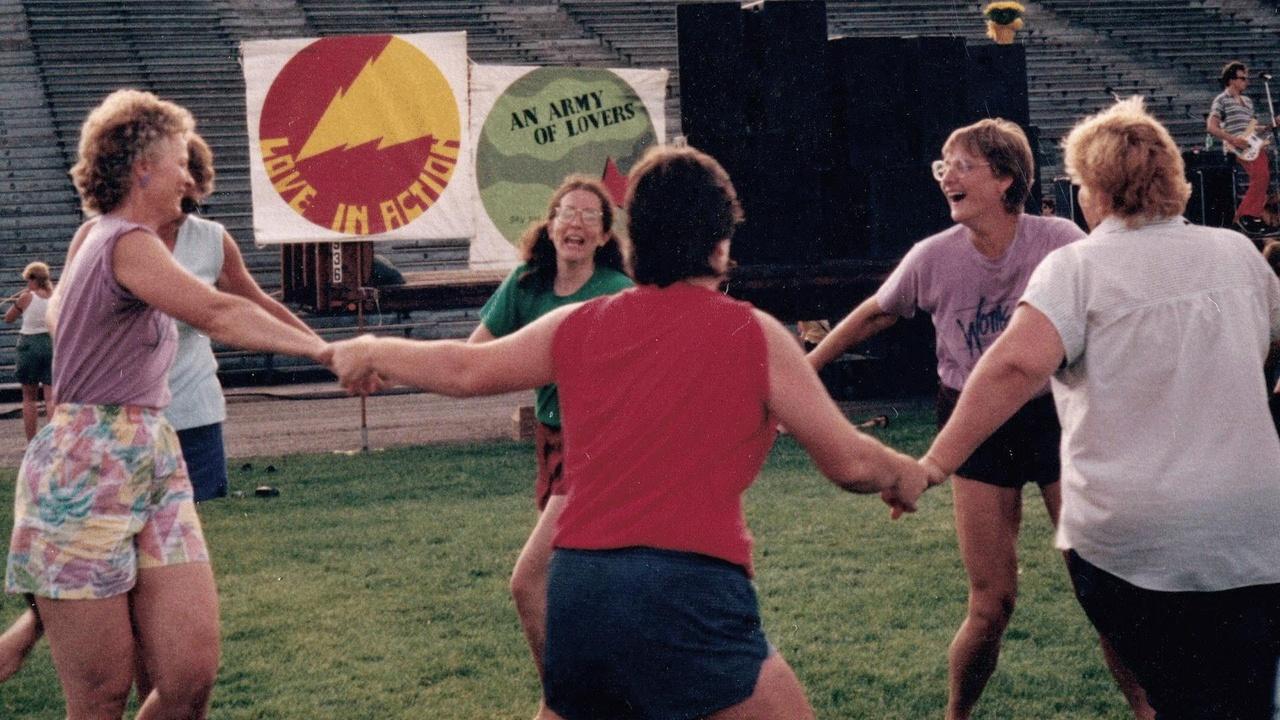
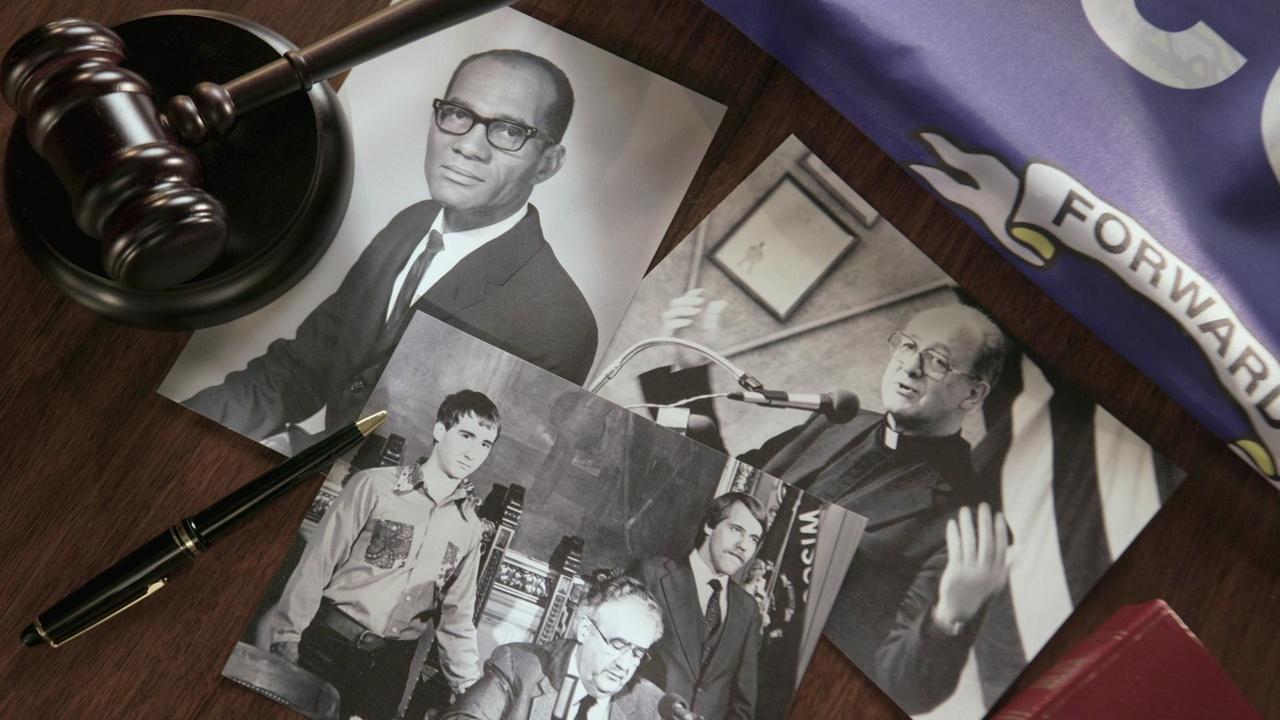
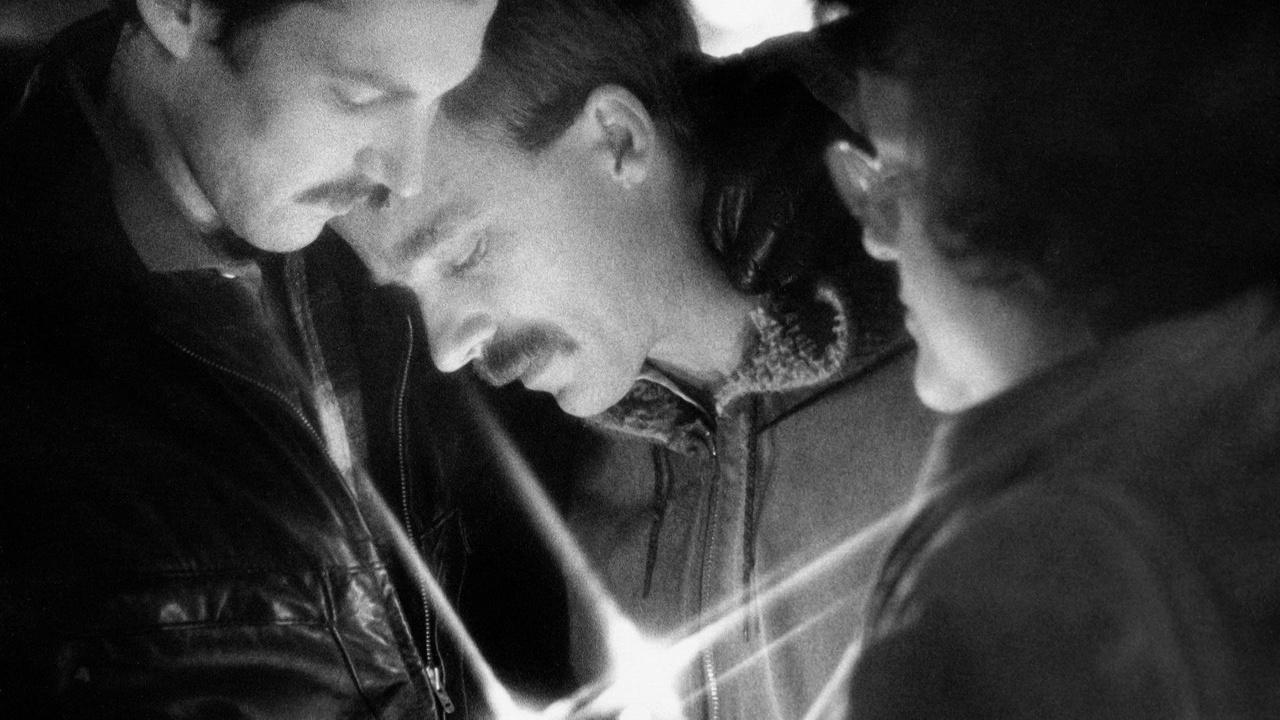
 Passport
Passport






Follow Us